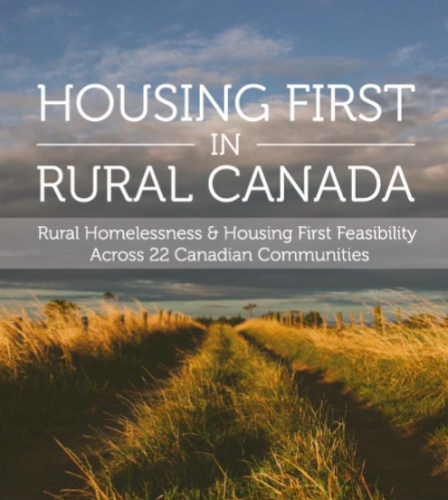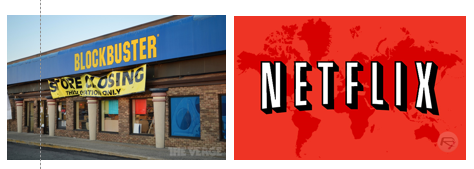Posting #2 in a series on Resource Development
See # 1, Five Elements of Strategic Resource Development
First, a definition from the Oxford Dictionary: Crowdfunding (a form of crowdsourcing) is the practice of funding a project or venture by raising monetary contributions from a large number of people, today often performed via Internet-mediated registries, but the concept can also be executed through mail-order subscriptions, benefit events, and other methods. i
Wikipedia adds this: Crowdfunding is a form of alternative finance, which has emerged outside of the traditional financial system. ii
This latter definition is sometimes called “Equity Crowd Funding” and investors receive equity in the business or venture they are contributing to. This posting is not about this type of Crowd Funding. Rather I am writing about the most common type of Crowd Funding today which allows anyone to donate their money to anything that gets posted on an Internet-based Crowd Funding website. Recipients of funding can be individuals in need, informal groups, performance artists, individual schools, clubs, inventors, product developers, techno- projects, as well as conventional charities and businesses.
Read More







